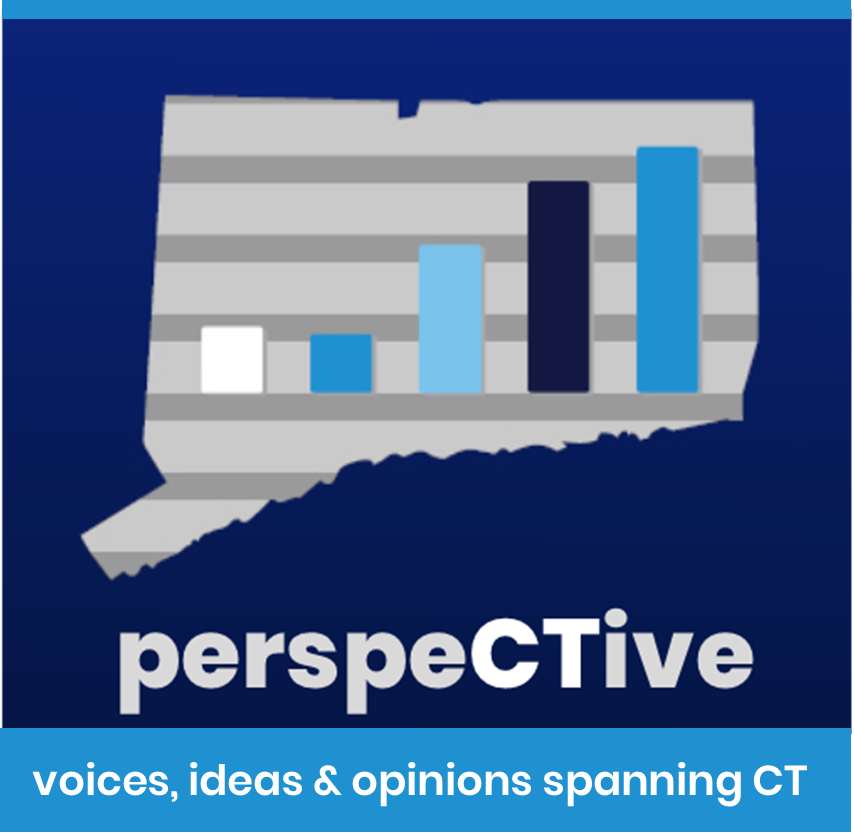Libraries and the Power of Words
/by Ellen Paul
Connecticut has a long history of supporting public libraries. Salisbury was among the first towns in the nation to establish a library supported with tax dollars. The Hartford Public Library can trace its roots back 250 years. In East Hampton, residents went door to door in the late 1800s to raise money to establish a free lending library. But as long as there have been words in libraries, there have been challenges to what words reside within those walls.
Librarians innately understand the power of words. They work to ensure that books and information are available to inform, engage, and enlighten all community members. They are trained to build collections of high quality, accurate, well-reviewed materials. They believe access to these materials should not be restricted or revoked simply because an individual or group objects to their content.
Like the rest of the nation, Connecticut has seen a rise in book challenges in the last three years. A book challenge is not simply a person expressing a point of view. It is an attempt to remove a book from the library or move it to a restricted location, effectively denying an entire community access to that book’s words and ideas.
In 2023, over 100 different titles were challenged in Connecticut libraries. In Guilford and Brookfield, the public schools faced controversy over titles in their libraries. In Colchester, the first selectman asked the Cragin Memorial Library staff to shut down the children’s room until the collection could be analyzed for sexually explicit content.
Suffield’s first selectman asked the Kent Memorial Library staff to remove a book about pronouns from a display. In Old Lyme, 135 residents presented the Phoebe Griffin Noyes Library with a petitio to remove two young adult books about sexual health, and in Goshen, a book purchased years ago sparked a months-long challenge. In each case, the library or board of education followed its prescribed policies and retained the books.
We know about these book challenges because they were loud, provocative, and widely reported. But there have been many more around the state that haven’t made the local news. Most objections cite children’s or young adult books with words, illustrations, or themes that make some people uncomfortable.
But it is never the librarian’s job to dictate what people read, only to ensure equitable access to information. It would be noble to suggest that librarians challenge censorship because the free flow of information is the bedrock of our democracy. But most librarians just want to find the right book for the right person at the right time.
Connecticut has over 1,000 public, school, and academic libraries, each containing something to offend someone. This is not because libraries seek out controversy but because they aim to serve everyone in our diverse and divisive world. Attempts to abridge free access to words and ideas are not a modern development but rather a perpetuation of what libraries have always known: words have power, and where there is power, there will always be a struggle for control.
This essay originally appeared in the Spring 2025 issue of Connecticut Explored. Written by Ellen Paul, executive director of the Connecticut Library Consortium, in collaboration with the Connecticut Center for the Book at Connecticut Humanities.
































